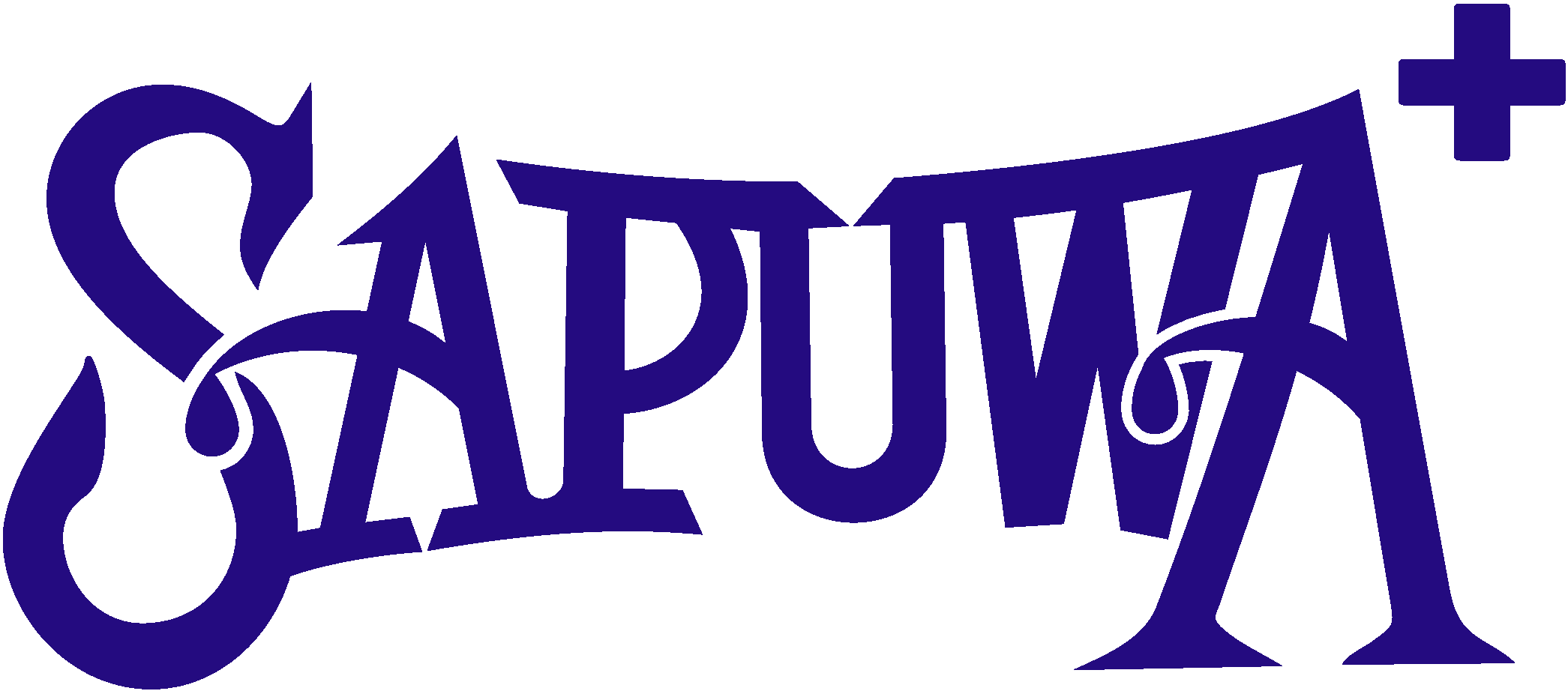Using Skillful Questioning in Negotiation
To develop a successful negotiation strategy, you have to know your counterpart’s needs and goals. Skillful questioning will help you gain this information.
When to Ask Questions
When is it helpful to ask questions during negotiation? You should ask questions to:
Gain information. Don’t assume anything when you are negotiating. When you don’t have all the information, ask questions to fill in the gaps.
Check understanding and interest level. Ask a question to uncover how technically sound your counterpart is on the topic you are negotiating, or how committed she is to the outcome of the negotiation. For example, ask whether she will take a specified amount less than the asking price.
Determine behavioral style. Ask questions to find out where the other party is coming from, if he is an experienced negotiator, and whether he is an honest and/or decisive person.
Gain participation. When you ask questions, you encourage the other party to talk. This makes your counterpart like you better–and helps you learn more about her than she learns about you. It’s especially helpful to get your counterpart to talk when you realize you have said something she didn’t agree with or understand. Having a chance to talk it out will have a calming effect on her.
Give information. Sometimes you may want to provide information that will help your counterpart understand your goals. For example, you could ask, “Did you know that the Kelly Blue Book value of your car is only $2,100?” (This type of question can also be used as a test to see whether your counterpart recognizes if your information is correct.)
Get an opinion. Questions that ask for someone’s opinion not only provide knowledge, but also indicate that you are interested in what that person has to say. For example, ask, “Can you tell me why you like living in this neighborhood?”
Bring attention back to the subject. Appropriate questions can keep the conversation heading toward your goal. Salespeople often ask personal questions about a prospect to find a starting point for their presentation. This is fine, but eventually you need to discuss the real reasons for meeting. Asking questions like, “Can we get back to the salary issue and benefits package once again?” refocuses attention on the important issues.
Reach agreement. Asking questions can help you find out how far apart your goals are from your counterpart’s. For example, suppose a seller is asking $150,000 for his house. You ask whether he is willing to take $140,000, since the house needs landscaping and a new roof.
Reduce tension. If negotiations start to become tense, it can be helpful to ask questions about your counterpart’s viewpoint. Understanding his concerns may help you restructure the negotiation. For example, you might say, “Every time we talk about mandatory drug testing for all employees, you seem to be adamantly opposed. Can you share a little about why you are opposed to this testing?”
Give positive strokes. Simply put, positive strokes questions make your counterpart feel important. Suppose your counterpart has received three phone calls from complaining customers during your fifteen-minute meeting. You might ask, “Are you having a tough day?”
Two Main Types of Questions
Questions may be closed-ended and restrictive, or open-ended and expansive.
Closed-ended and restrictive. Closed-ended, restrictive questions are those that can be answered very briefly, often with a simple yes or no. This type of question is useful for obtaining a specific bit of information, directing a conversation to a desired area or gaining commitment to a definite position. Some typical examples of restrictive questions are: “You will send the revised quotation to me by Monday, right?” “Do you want to work on Saturday or Sunday?”
Open-ended and expansive. Open-ended, expansive questions do not lead your counterpart in any specific direction. Generally speaking, open-ended questions reveal much more about your counterpart’s objectives, needs, current situation and behavioral style than restrictive questions do. Some typical open-ended questions are : “How do you feel about moving out of your home before Christmas?” “You seem to be upset with my offer. Which aspects seem to be the biggest problems?”
5 Keys to Proper Questioning
How you ask a question is as important as what you ask. Following are several key points to remember.
Have a plan. When you are negotiating, it is helpful to have a goal in mind. Ask yourself, “What type of information will help me make a good decision? Am I more likely to get that information by being direct, or by disguising my questions?” Having a questioning plan puts you in the driver’s seat in the negotiation.
Know your counterpart. The more you can find out about your counterpart, the better you can target your questions.
Move from the broad to the narrow. As you gain answers to broad questions, start asking questions that yield more specific information. For example, if you ask someone selling a car, “Did you keep maintenance records on your car?” and he says yes, you can proceed to ask about the type of maintenance records, the frequency of maintenance, etc.
Use proper timing. Be sensitive to your counterpart’s feelings. If your counterpart finds a question offensive, he will give you less information and will be less willing to negotiate with you again. Asking a man how his diet is going while he is eating a dessert is a good example of bad timing.
Ask permission to ask a question. Asking permission is polite, and it starts the swing toward agreement. Once your counterpart has granted you permission, she is more likely to give you a complete answer.
Ask and You Will Receive
To be a successful negotiator, you have to know the wants, needs and motivations of the other party. The easiest, quickest way to uncover this information is through skillful questioning. With practice, you will find yourself asking better questions and gaining increasingly valuable information.
Source: peterstark.com
Collect by Van Huong
Relative post
- The Virtue of Admitting Fault
- The Power of Admitting A Mistake
- How to Work From Home Effectively
- 7 simple tips to tackle working from home
- 5 ways to make working from home better
- Top 10 Reasons to Start Your Own Business
- Success Tip: To Be Different, You Have To Think Different
- How To Stop Thinking And Start Doing
- Connected Employees: 10 ways to connect with your team
- 5 Ways To Help Teams Connect Virtually
- 10 Things Leaders Managing Remote Employees Should Do
- Seven ways to build the solidarity economy








 0
0


